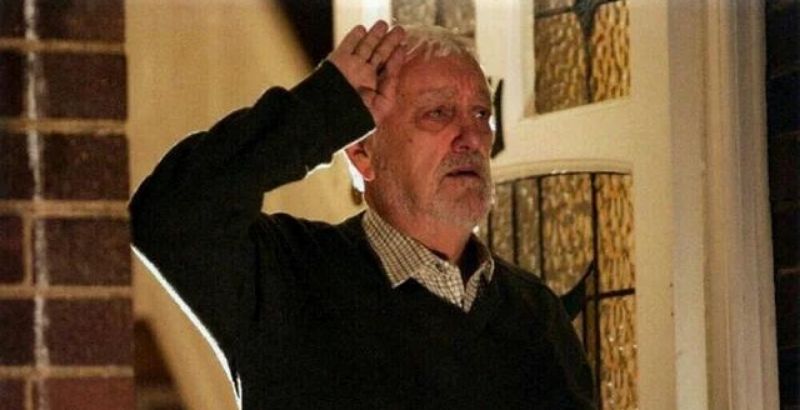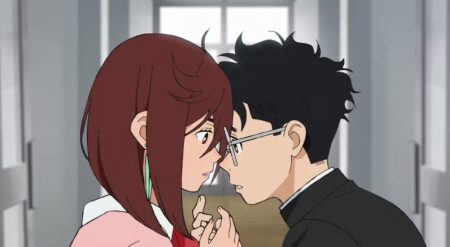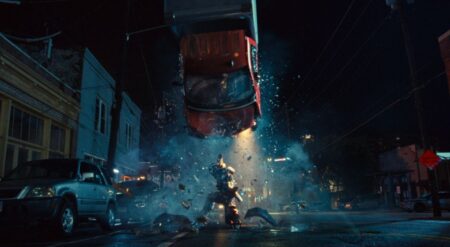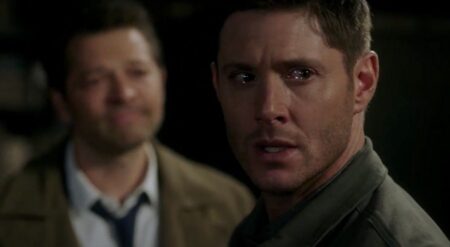
Doctor Who has been a BBC sci-fi series for almost 60 years, following the adventures of an ancient time traveler. On his journey, he has picked up dozens of companions, ranging from humans to aliens to robot dogs. Many of these companions have become important pieces of pop culture and are involved in some truly great stories. And yet, a grandfather who went from a minor guest in a handful of episodes to having a key role may just be the best of them all. This is the tale of Wilfred Mott.
Wilfried Mott is played by Bernard Cribbins, an actor who has been on British TV screens for decades. He was even a companion for a Doctor Who story in 1966. 41 years later he returned as a different character, the beloved Wilf. At first glance, he is also Donna Noble’s giddy grandfather, the de facto companion for that series of the show. He is her confidant, her best friend. And as a national treasure, it draws a smile to see him on screen. He’s got infectious energy, instantly likable. But he’s a supporting character, one of the family members for a companion. We’ve been here before.
For the rest of the core series, he exists in this supporting role. He almost dies multiple times, providing both moments of cheery humor and genuine worry for his wellbeing. And the sheer breadth of the character hints at what Cribbins is capable of as an actor. But again, This is a rite of passage for a family member of someone who comes into contact with the Doctor.
And then “End of Time” comes around. A two-part finale for David Tennant’s reign as the Time Lord. And showrunner Russell T. Davies chooses Wilf as the companion. He is a man that adores the Doctor, genuinely hero-worshipping the man. That’s one of the elements that is most endearing about him. Those that have met the Doctor have this trauma associated with him, scarred from the ramifications he brings to peoples’ lives.
And yet Wilf has treated him with warmth and care. Wilf goes hunting for the Doctor and inadvertently gets drawn into a world-ending catastrophe. The Master places his consciousness into every human on planet Earth, causing the Doctor and Wilf to flee to a spaceship above the planet.
On this spaceship, the two have a conversation. And through this conversation, he solidifies himself as one of the best companions the Doctor’s ever had. There are so many layers to the dialogue as they discuss a separate but similar history. Out of all of those that have accompanied him, Wilf is probably most like the Time Lord. He’s old. He’s excitable and eager to learn and full of wonder even after seeing so much. Both ex-soldiers but never loved taking up arms. But capable of sadness and love. On a rickety old spaceship, two old men show off their utter respect for each other.
Cribbins’ acting in this scene is glorious and heartbreaking. There’s a progression as he goes from a calm monologue to wracking sobs and a subtle rage that has never been seen before. He has transformed from a cheerful granddad to a broken soldier. And even if I was basing my judgment solely on this scene alone, he would likely top the list of greatest companions. But he had even more to give.
After the Doctor saves the day, repelling the Master and an entire planet, he believes that he is safe. But Wilf is stuck in a booth about to be flooded with radiation. In order to rescue him, the Doctor must take his place. Wilf, a man so in awe of the Doctor, is the one who leads him to his death. It’s a devastating moment, made even worse by Wilf’s horror when he realizes what will happen.
It’s a beautiful, haunting display of the respect both men have for each other, and the understanding that both would easily give their life for the other. It would be their honor. And the moment a pivotal, important character like Tennant’s version of the Doctor is made even more crushing by the pleading of Wilf and the soul-destroying sobs he utters as the Doctor dies before his eyes. The character’s story is beautifully crafted from his first appearance to his last.
In the book The Writer’s Tale, Davies is having an email correspondence with Benjamin Cook, the author of the book and contributor for Doctor Who Magazine. And the ruminations in his selection of who would be in that room. And the reaction when he thought of Wilf shows he just knew that that option was the most heartbreaking.

And yet, Wilf is made so special by the utterly fantastic capabilities of Cribbins. He has a way of making you feel for him unlike any other character in the series. When he’s bouncing along with his group of pensioner friends, I have a beaming grin on my face. He’s hilarious and joyous. He can be soft and gentle, the elderly relative that is full of wisdom. And then he delivers deeply emotional lines with power and sensitivity that is unfathomably stunning.
There is such a warmth to the portrayal and realism to everything he does. And he was there with our hero in his most trying time and was partially the cause for it. The acting range and the depth the man displays is remarkable. And that could never have been predicted from that first time we saw him, on a market stall with fuzzy reindeer antlers on.
Doctor Who is rife with gorgeous companions, many of whom have created lasting connections with those watching them. So many have had triumphant endings, tragic endings, and twisting endings. But Wilfred Mott had a personality and demeanor that is impossibly endearing but appeared harmless and ineffectual.
Despite this, he turned into one of its most beautiful characters and was crucial to one of the most powerful moments in television history. There is a beautiful progression of the character that was created by a combination of an incredible actor and a terrific writer, and that could cement him as one of the finest companions the Doctor ever had, even if he was a brief one.
Doctor Who is available on HBO Max and BBCiPlayer.






